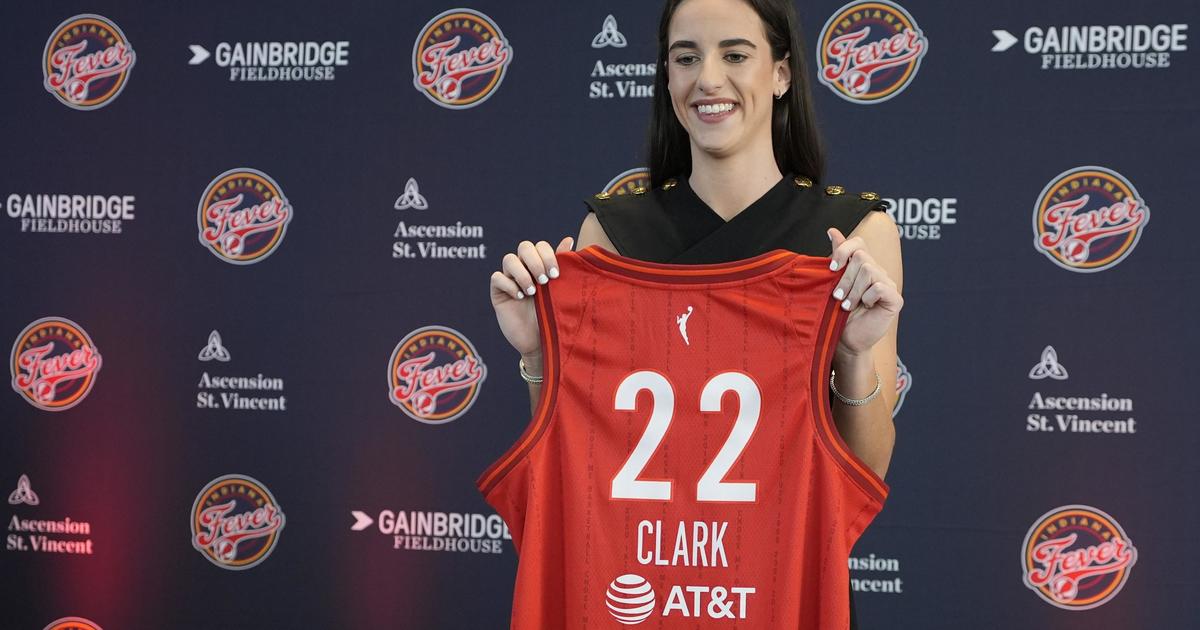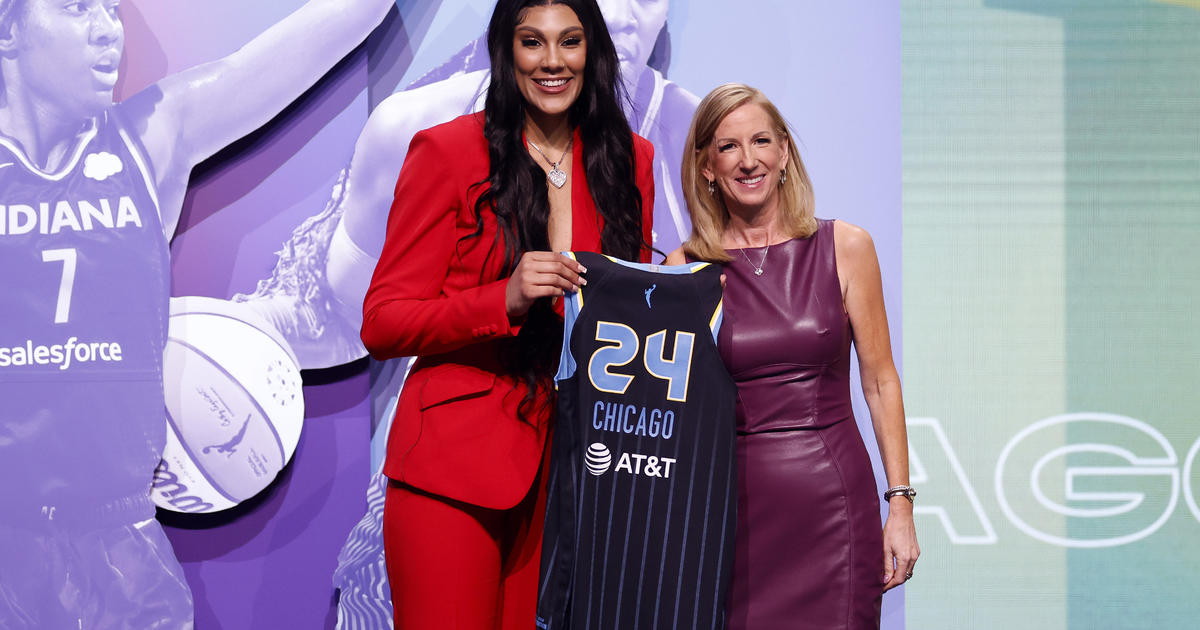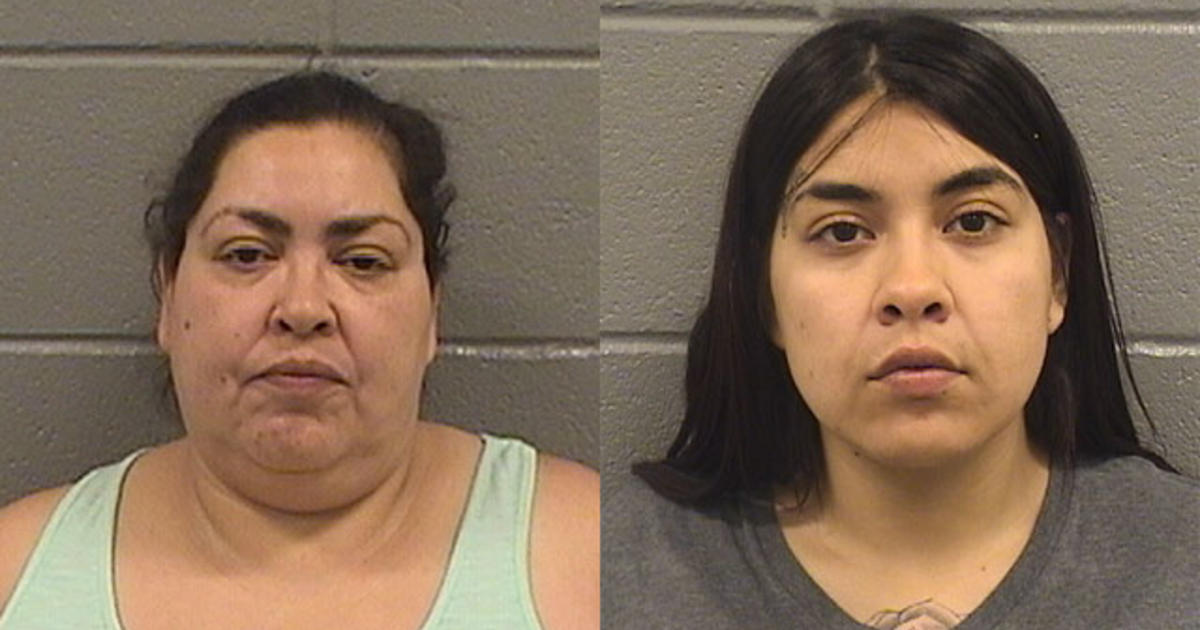Baffoe: The Worst Prevailing Aspect Of The Duke Lacrosse Case
By Tim Baffoe-
(CBS) It was a travesty of justice. It was sham prosecuting and dishonesty for self-serving publicity. It was holding up three affluent young white men in a perfect storm of intersectionality in one college environment when hardly any campus in the 21st century isn't hyperalert to intersectionality. It was journalism gone bad.
The Duke lacrosse case, which is 10 years old this week and in which three team members were falsely accused of rape, was all of those terrible things. But its enduring legacy is the absolute worst part about the ugly piece of American and sports history.
What the case was never -- nor is it today -- was indicative of a problem in criminal justice, in issues of race, in issues of sexual assault and in any of the combinations thereof. Our criminal justice system is a deeply flawed one, no doubt. It doesn't often work against the affluent, the white, the college athlete and the men accused of rape.
But because in this outlier of a high-profile case all of those lightning bolts struck the exact same spot -- privileged white male athletes were screwed over by the prosecution in a case with a black female accuser -- the Duke case is now the go-to for every dude compelled to "well, actually" any discussion on rape culture, on how the system can hurt white people just as much as people of color or how the courts aren't necessarily inherently biased in favor of people with money.
And thanks to ESPN's 30 for 30 documentary, Fantastic Lies, that aired Sunday night, a whole new generation of people pick up ammunition against the noble people out there who work really hard to knock down the walls of rape culture.
The film leans heavily on the parents and lawyers of the accused lacrosse players and comes across more as a piece aimed at shaming the collective us for allowing this to happen than a call for introspection today.
Writes Jen Yamato in The Daily Beast:
But Fantastic Lies' resounding message is not that America should reflect even more deeply now on the sharp race and class divides that yielded such incendiary circumstances in Durham, N.C., a decade ago. Its message is that the world owes an apology to these resilient young athletes and their families — the real victims.
That, unfortunately, is an irksome underlying stance for the objective lens of any documentary to adopt.
The documentary mostly ignores that this was a wholly atypical situation. Yes, there's mention of race issues in Durham's history and the "perfect storm" quality of the case's intersections of race, class, gender and sports. Then the film takes on a "yeah, but" quality the rest of the way in which all the sociopolitics take a back seat.
Those who rushed to a verdict in the court of public opinion get their feet held to the fire -- as they should. But there's a tone that those people deserve to be made to squirm to still today, even when we know now the prosecution fueled the fire of misinformation.
And it's that sort of tone that perpetuates vehement defenses of accused sexual assaulters and a denial of rape culture today. The "wait for all the facts before declaring a verdict" is a legal protection that on paper is afforded to all. Asking for the same standards in the court of public opinion serves only to get people to stop talking about something that makes you uncomfortable (or threatens a power structure or hero worship). "Waiting for all the facts" also means that you're considering the accusations not entirely factual and the victim discreditable. If my house was robbed, would you tell me, "Gotta hear both sides." (Or ask "Why'd you leave your door unlocked?" or "Maybe you shouldn't have had robbery-worthy stuff, ya know?")
Because we conveniently forget the victims if they can't be villainized outright. Crystal Mangum was a footnote for most of the Duke case's process, save for shaming her for her profession as an exotic dancer, that she'd been drinking on the night in question and that she has a history of mental illness.
She chose to report what she maintains to this day was an assault -- something about two-thirds or more of female victims choose not to do -- and became an example of why many women don't make her choice. Like in the coverage of the case 10 years ago, Mangum's an afterthought in the film. Her loved ones get minimal airtime compared to those of the Duke players. She gets a passing mention that the Durham prosecution failed her and a mention at the film's end that she's currently serving a sentence for killing her boyfriend, the latter clinching the majority audience desire to have one side of this story not be the human that the former suggests. Justice was definitely served, of course, if Mangum would end up a murderer later anyway. It's such a tidy bow put on it all.
It's misunderstood men vs. questionable other. It's not the complexities of sexual victimhood and how someone with an unenviable life of sexual abuse and trauma before the incident can be sent on a spiral that has led to her own questionable prison term. That's what Jessica Luther reveals in her recent interview with Mangum from prison, but that doesn't fit in something non-objectively titled Fantastic Lies.
What fits that is even Duke LAX bros deserve justice. Yep, they certainly do. Thing is, they almost always get it -- or at least a historical privileged version of it.
Which perpetuates a largely irrational distrust of any media that challenges the status quo that the Duke players represent and their case does not.
Which leads to Patrick Kane getting a really unfortunate redemption story on the cover of Sports Illustrated last week.
Which leads to high-horse rape apologists without any real logical argument high-horsing.
In May 2006, Whitlock, then of the Kansas City Star, wrote, "But I do know that Martin Luther King Jr. and many, many others of all races did not die so that the poor, black and oppressed could surrender the moral high ground and attempt to inflict injustice on the privileged."
That was a gross statement then and is still gross today and only works to shame black people into line for the cause of respectability politics.
To cheer rape convictions is to be satisfied that rape occurred. Nobody critical of the depiction of the Duke case or any other sports figure's sexual assault case is doing that. But this is the misunderstanding Whitlock and so many have when combating criticisms of how our society handles sexual assault, particularly when the alleged perpetrators are privileged athletes.
The Duke lacrosse case was a lot of really bad things. Worst of all is how it still affects conversations in the wrong ways today.
Tim Baffoe is a columnist for CBSChicago.com. Follow Tim on Twitter @TimBaffoe. The views expressed on this page are those of the author, not CBS Local Chicago or our affiliated television and radio stations.



